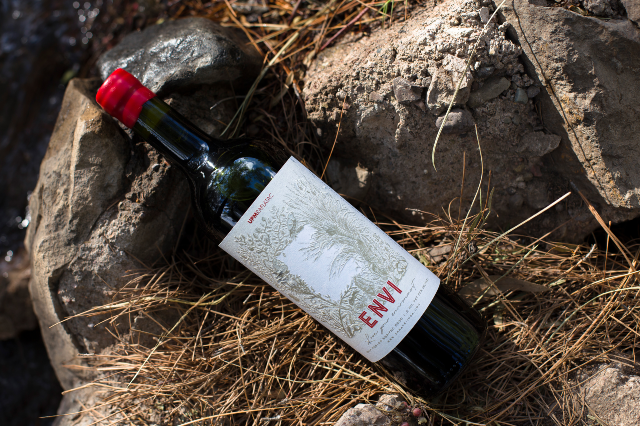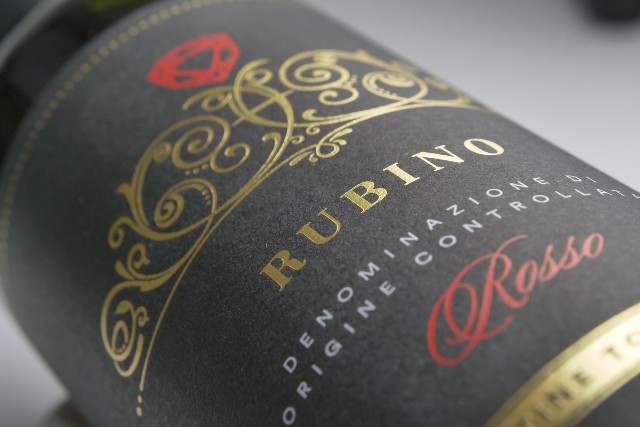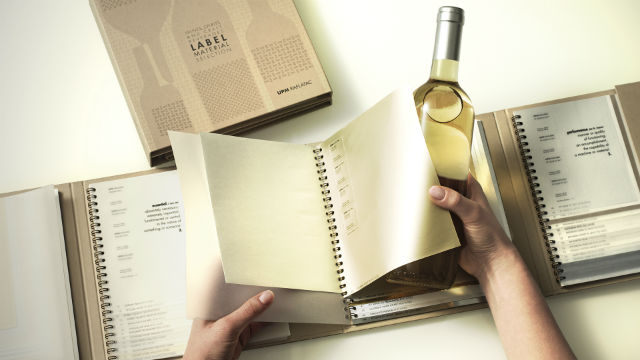Wineries are looking for ways to stand out in a crowded marketplace, particularly among the younger generations. One of the top issues influencing consumer purchasing is sustainability because they are increasingly conscious of waste and environmental impact — and they are willing to pay more for sustainable products.
While half of US alcohol drinkers in a recent IWSR survey said that a company’s sustainability or environmental initiatives positively influence their purchase decisions, over three-quarters of Generation Z and Millennial Americans in an IFIC survey believe they care more about the environmental impact of food choices than other generations.
Wineries can make more sustainable choices along the entire grape-to-bottle chain, but labels are often an afterthought or forgotten. Like all other environmental decisions, using more sustainable labels will be most effective if a winery also develops branding and marketing campaigns to share the news with its consumers.
“Sustainability information isn’t always clearly presented to wine consumers,” says Adam Moffitt, Business Development Manager for the Americas for UPM Raflatac, a leader in sustainable labeling. “So a wine label that says, ‘We’re saving oceans’ or ‘Learn about our sustainability program,’ communicates that your winery is making a difference.”

Using more recycled materials
Wineries can increase label sustainability by boosting the proportion of recycled material in their packaging and communicating their support of the circular economy to consumers.
UPM Raflatac devised a way to make polypropylene — a completely clear film — with wood from sustainably managed forests instead of the virgin plastic pellets typically used to create polypropylene. Forest Film™ helps reduce reliance on fossil fuels and lowers a winery’s carbon footprint.
“We also capture ocean-bound plastic in rivers and streams before it hits the ocean,” says Moffitt. “We take that material, break it down and reuse it to make several different types of labels with adhesive to put on a variety of packaging substrates.”
The company’s Renewal® pressure-sensitive labels also have a lower carbon footprint. The fibers in the paper combine byproducts from the rapidly-renewable hemp and wheat industries with post-consumer waste. This environmentally-sensitive alternative eliminates the wheat farmers’ annual practice of clearing fields by burning millions of acres of wheat straw, creating acrid smoke and carbon emissions. It also takes advantage of the fast-growing hemp, which has a 90-day seed-to-harvest cycle in a far smaller space than a forest with a 20-30 year harvest cycle would require.

Enabling recycling and reuse
Turning waste into a resource is a must in the circular economy, and RafCycle™ and other recycling services create new materials from self-adhesive label waste. UPM Raflatac also offers wash-off labeling solutions that increase the yield of clean, high-purity PET flakes that separate and sink to the bottom during the PET washing process.
“UPM is one of the most progressive sustainable label providers, consistently putting sustainability out front,” says Caren McNamara, CEO and Founder of Conscious Container, a start-up launching infrastructure in the Bay Area to collect, wash and process dirty bottles and resell them to wineries.
“Glass bottles are the last mile for the wine industry for sustainability — and the biggest, with 18-30% of emissions coming from virgin glass bottles,” McNamara explains. “That’s why we feel strongly about enabling the wine industry to make it that last mile by using refillable bottles and wash-off labels.”
UPM Raflatac is not just one of the world’s largest paper companies; its focus is on sustainability and helping brands increase their sustainability. Because it provides labels for every need, it looks across the entire value chain — from the floor of its green-leaf-certified facility to the market itself — to find what’s important in each situation. The company uses what it learns to innovate labels that are ahead of the sustainability curve so it can meet industry needs as they evolve.
Free label material sample kit
UPM Raflatac offers a free wine and spirits labeling materials kit so you can see and feel the quality of the label materials firsthand. The kit includes post-consumer recycled (PCR) content label material samples, Renewal Hemp label material samples, and a swatchbook of our complete product offering. Request your kit today.



















